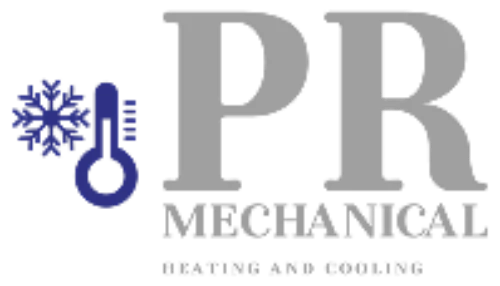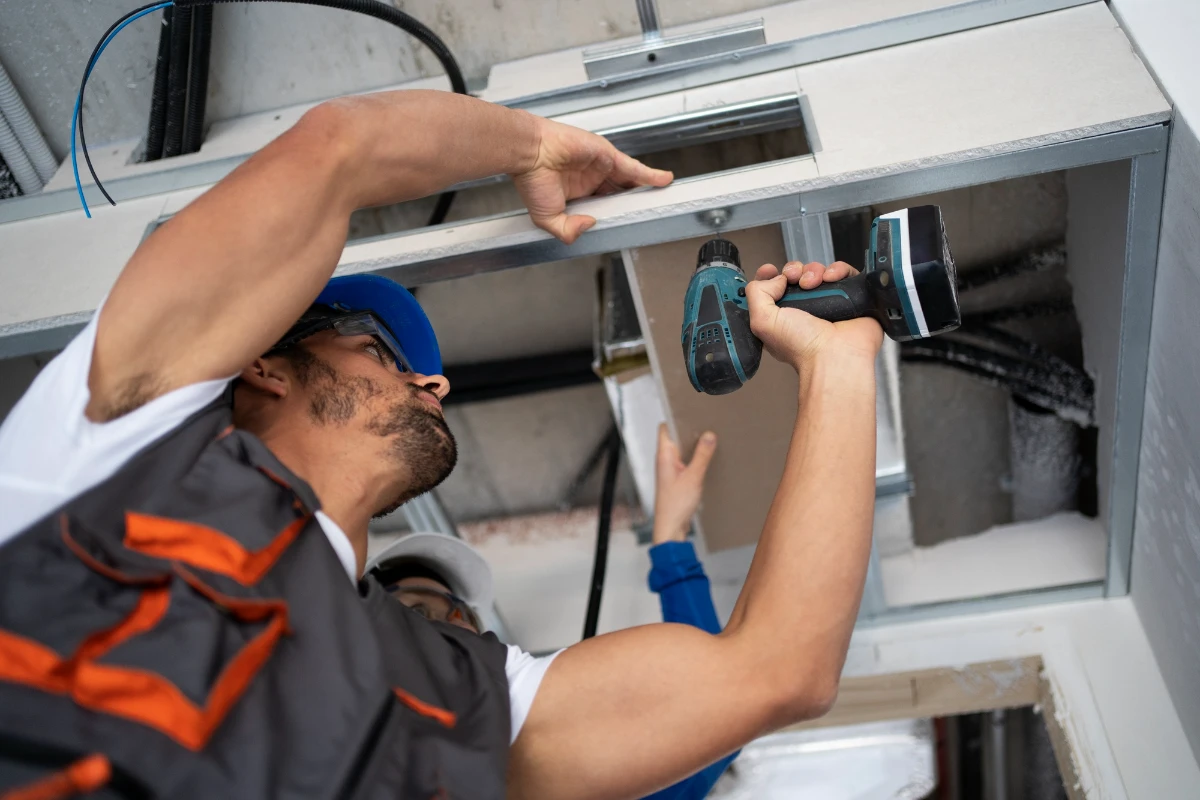When it comes to the comfort of your home or business, an efficient HVAC system plays a critical role. A well-maintained HVAC system ensures consistent indoor temperatures, enhances air quality, and can even help lower energy bills. However, like any other equipment, your HVAC system needs proper care to function optimally and last longer. In this blog, we’ll delve into why regular HVAC maintenance is crucial for both efficiency and longevity.
-
Improved Energy Efficiency
One of the primary benefits of regular HVAC maintenance is enhanced energy efficiency. Over time, dust, dirt, and debris can accumulate in your system, causing it to work harder than necessary. This not only leads to higher energy consumption but also strains the components of your system.
Solution: Schedule seasonal maintenance to clean coils, replace filters, and ensure that all components are functioning properly. A well-maintained HVAC system runs smoothly and uses less energy, saving you money in the long run.
-
Extended Lifespan of Your HVAC System
Your HVAC system is a significant investment, and regular maintenance is the key to getting the most out of it. Lack of upkeep can lead to a breakdown in components, potentially leading to expensive repairs or a shortened lifespan of the unit.
Solution: By scheduling professional inspections and maintenance at least twice a year, you can identify and address small issues before they become major problems, ultimately extending the life of your HVAC system.
-
Fewer Costly Repairs
An HVAC system that’s neglected is more likely to break down, especially during peak seasons of extreme temperatures. These breakdowns often result in expensive emergency repairs that could have been avoided with routine maintenance.
Solution: Preventive maintenance can catch minor issues early and prevent them from escalating into costly repairs. This proactive approach helps keep your HVAC system running smoothly and saves you from unexpected repair bills.
-
Enhanced Comfort
A well-maintained HVAC system ensures consistent temperature control, creating a more comfortable indoor environment. When the system is running at peak performance, it will heat or cool your space more effectively, maintaining the desired temperature without fluctuation.
Solution: Regular maintenance improves the overall performance of your HVAC system, ensuring your home or office stays at a comfortable temperature year-round.
-
Improved Indoor Air Quality
Your HVAC system plays a crucial role in circulating air and maintaining indoor air quality (IAQ). A dirty system can spread allergens, dust, and pollutants throughout your home or office, negatively affecting air quality and causing health problems.
Solution: Regular maintenance, including changing filters and cleaning the ducts, helps reduce pollutants in the air and improves indoor air quality, making your environment healthier to breathe in.
-
Prevention of Unexpected System Failures
HVAC systems are complex, with multiple components that can wear down over time. Without regular maintenance, you might not notice when something is wrong until the system fails. Regular checks help detect issues before they lead to full system failure.
Solution: A scheduled inspection helps catch worn-out parts, leaks, or issues with airflow that might go unnoticed in daily use. Early detection can prevent inconvenient and costly downtime.
Conclusion
Investing in regular HVAC maintenance is one of the best ways to ensure that your system operates efficiently, lasts longer, and avoids costly repairs. From improving energy efficiency and comfort to enhancing indoor air quality, regular maintenance ensures that your HVAC system continues to perform at its best year after year. If you haven’t scheduled a maintenance check for your HVAC system yet, now is the time to do so. Reach out to our expert team to keep your system running smoothly and enjoy peace of mind knowing that your home or business is always at the right temperature.

